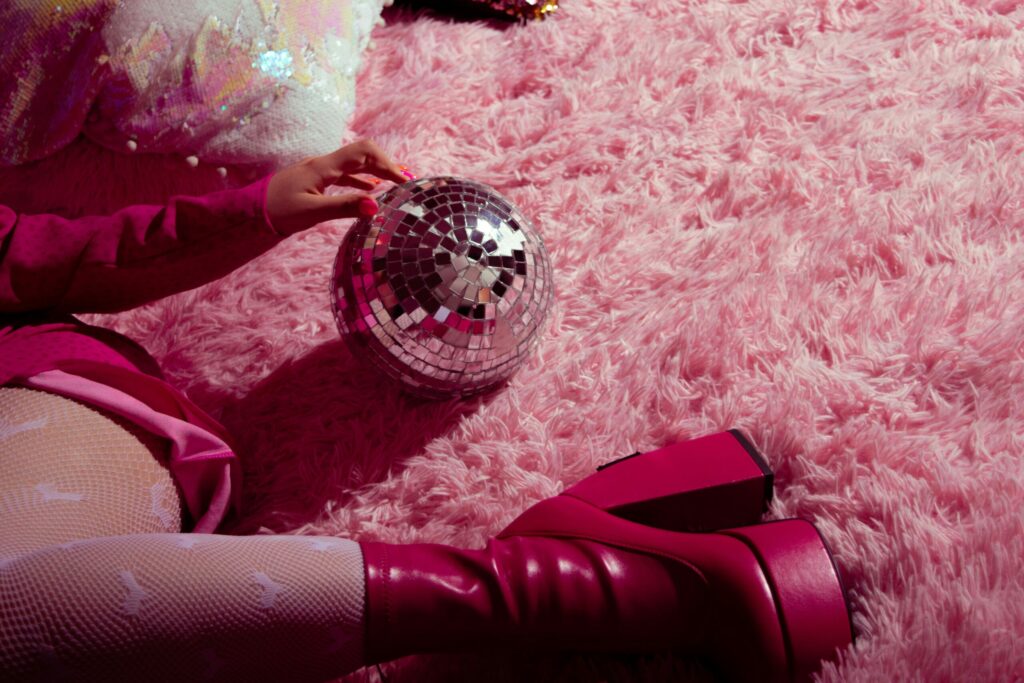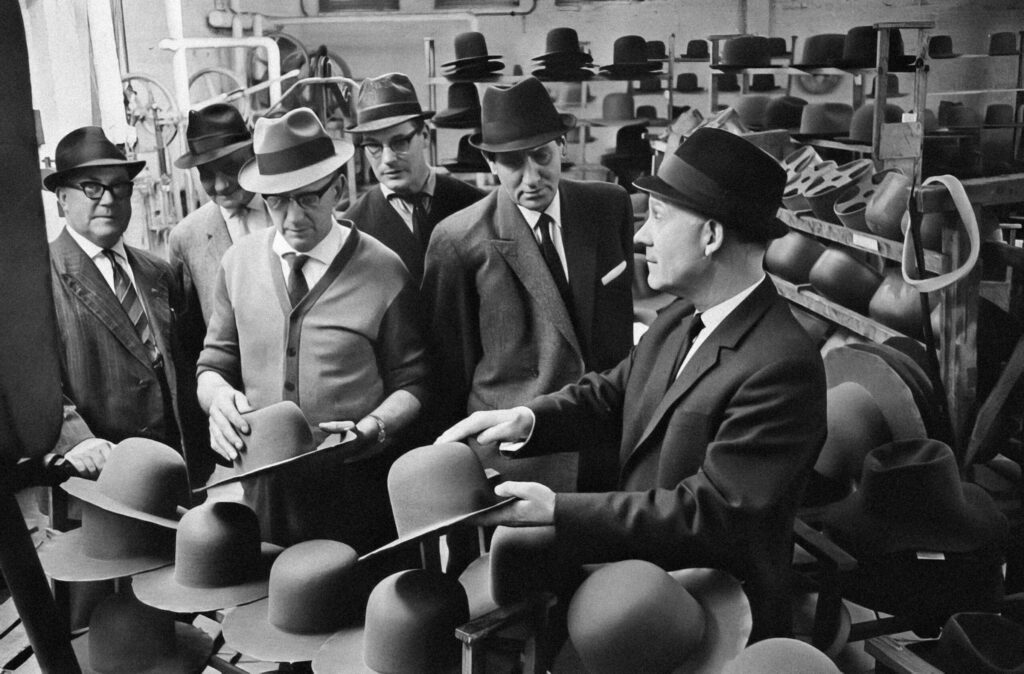The Barbenheimer phenomenon proved that digital marketing in film can turn two completely opposite movie releases into a global cultural sensation. On July 21st, Barbie and Oppenheimer premiered, getting people to talk online. In fact, fans didn’t just chat online, many people even showed up dressed in pink the day of the release, as well as the next few days, turning Barbie’s release into a collective experience that reinforced its brand identity and the idea of girlhood and community. Memes combining Barbie’s pastel aesthetics with Oppenheimer’s dark and dramatic tone went viral.
Barbie Strategy: Virality and Participation
In the case of Barbie, the marketing campaign included multiple brand collaborations, Instagram filters, and shareable content made to go viral. For instance, Warner Bros. partnered with Airbnb, and featured an actual Barbie Dreamhouse, which can be found in Malibu. Moreover, interactive TikTok challenges generated millions of organic mentions within days. Fans also created their own content, from videos to makeup tutorials, expanding even further the campaign’s reach.

Oppenheimer Strategy: Prestige and Community
Oppenheimer rather focused its digital marketing in film on Christopher Nolan’s reputation and on the movie’s intellectual reputation. Trailers, behind-the-scenes, and interviews turned into major online moments, generating organic buzz among movie fans. Here, the campaign puts emphasis on exclusivity and credibility, proving that digital marketing in film is not a universal formula, as tone, audience, and narrative must be aligned to achieve maximum engagement.

Key Lessons for Digital Marketing
This contrast offers a quite clear lesson: effective digital marketing in film is more about understanding and engaging the audience, rather than budget or genre. Barbie was successful by boosting participation and a feeling of belonging to a community, whereas Oppenheimer took advantage of authority and prestige. However, both campaigns achieved a common outcome: tangible ticket sales.
In short, Barbenheimer has demonstrated that modern digital marketing in film relies heavily on authenticity, participatory culture, and storytelling. In an era where TikTok, Instagram Reels, and Twitter trends are very present, movies are no longer just promoted, they are experienced together by the audience, and become part of culture.
References
Alfred, L. (2023, July 5). Barbenheimer: The stark marketing differences between this summer’s biggest blockbusters. HubSpot Blog. https://blog.hubspot.com/marketing/barbie-oppenheimer-movie-marketing
Brand Vision Insights. (2023, July 24). The marketing behind a cinematic masterpiece: Oppenheimer and the impact of Barbenheimer. BrandVM. https://www.brandvm.com/post/oppenheimer-marketing
Clough, J., & Dergarabedian, P. (2023, July 24). Barbenheimer and redefining movie marketing strategies. Comscore. https://www.comscore.com/Insights/Blog/Barbenheimer-and-Redefining-Movie-Marketing-Strategies
Rubin, R. (2023, July 23). Inside “Barbie’s” pink publicity machine: How Warner Bros pulled off the marketing campaign of the year. Variety. https://variety.com/2023/film/box-office/barbie-marketing-campaign-explained-warner-bros-1235677922/